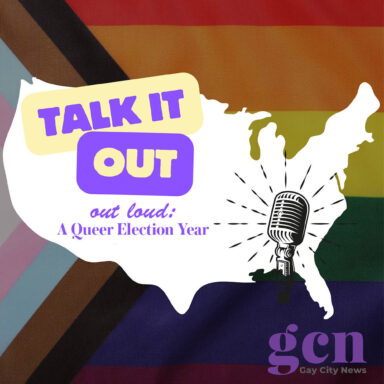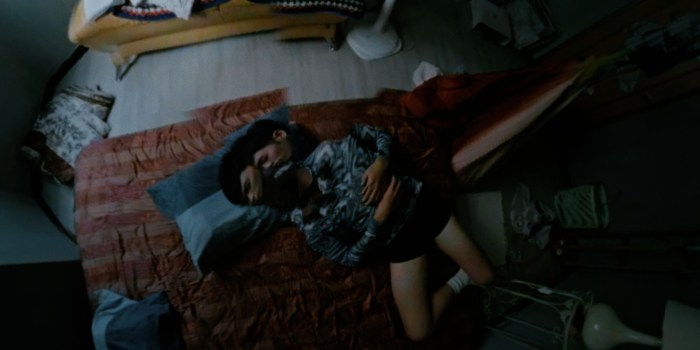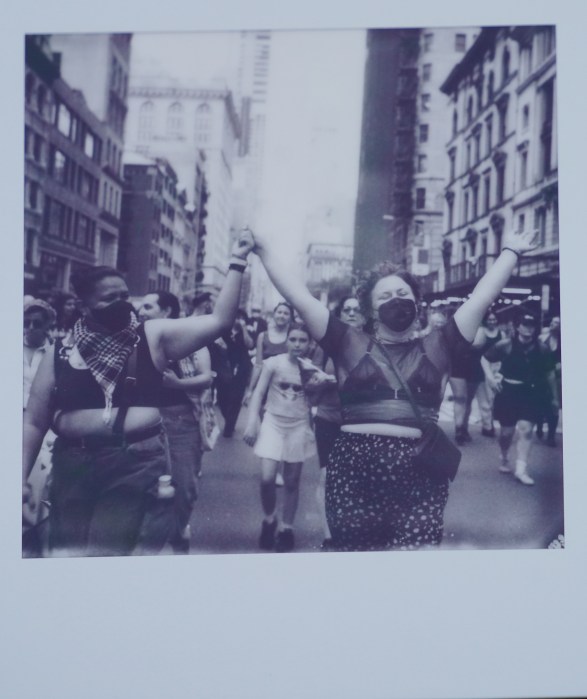Five Jewish politicians from New York City — including two hailing from Brooklyn — penned an open letter last week calling for an end to the war in Gaza and condemning the actions of the Israeli government.
“All parties in this conflict need to commit to finding a path to peace through negotiation for the sake of our communities, for the rights of Israelis and Palestinians, and for the real and lasting security of the State of Israel,” the letter reads.
The signatories — state Sens. Liz Kreuger and Brad Hoylman-Sigal and Assembly Member Harvey Epstein, who all represent Manhattan; Brooklyn Council Member Lincoln Restler; and City Comptroller Brad Lander, who formerly served as a council member in Park Slope — said their position is rooted in their “deepest Jewish values, honoring the life, dignity, and safety of all people.”
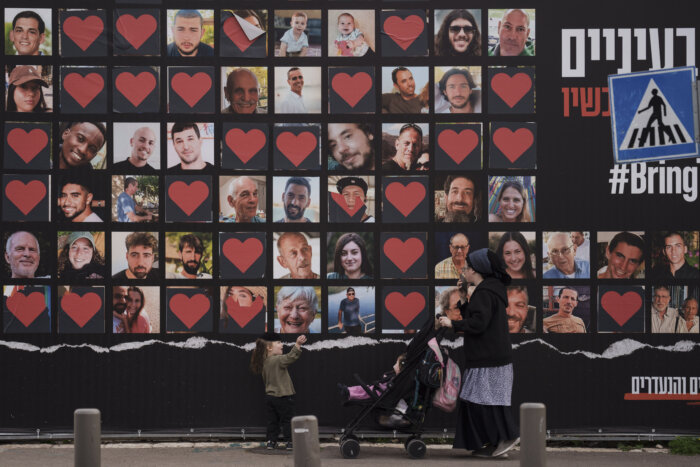
In the letter, the pols said Hamas’ Oct. 7 attack — during which militants killed roughly 1,200 Israelis and took more than 200 hostage — was “monstrous and indefensible.” They said they themselves lost loved ones, and demanded Hamas release the more than 100 living hostages still in Gaza.
“We also join with the families of the remaining hostages in continuing to call on the Israeli government to do everything in its power to ensure the safe return of the remaining hostages,” the letter reads. “The reality is this will only happen through the same active negotiations that brought home the first 112 hostages. Those negotiations must be the critical highest priority.”
But, they said, the Israeli government “cannot continue the mass destruction of Gaza and the killing of Palestinians who are trapped in a war zone with no possibility to flee to safety.”
After the Oct. 7 attack, Israel launched a massive and ongoing military campaign in the 140-square-mile Gaza Strip in what officials have said is an effort to “eradicate” Hamas and free all hostages. Nearly 30,000 Palestinians have been killed and more than 67,000 have been injured, and many survivors are tightly packed into the southern city of Rafah — which Israel has pledged to invade despite strong opposition from its international allies.
Negotiators are working to hammer out the details of a prospective ceasefire and hostage-return deal, though both Israeli and Hamas officials have warned that an agreement may be far off. According to The Guardian, the draft agreement proposes a 40-day ceasefire during Ramadan. During that time, Hamas would release Israeli hostages in exchange for Palestinian prisoners held by Israel, and increased aid and supplies would be allowed into Gaza.
During a seven-day ceasefire late last year, Hamas released 110 hostages and Israel released 240 Palestinians. Earlier this month, Israeli special forces rescued two hostages from Rafah in a raid that killed roughly 100 Palestinians.
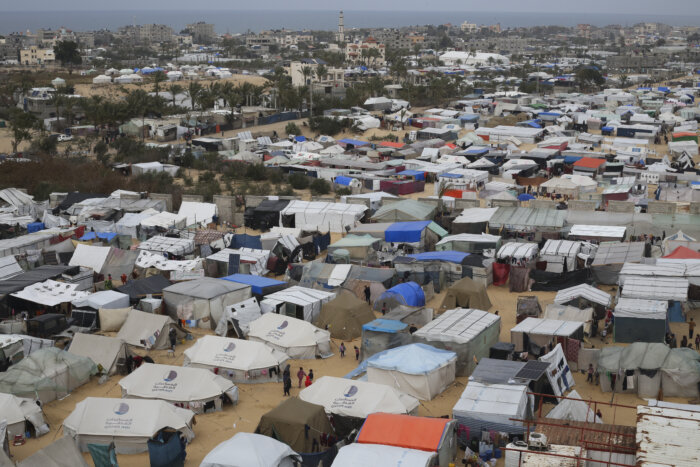
“Palestinians in Gaza have been killed in shocking numbers by indiscriminate, large-scale bombing, and the rest live in a constant state of fear, hunger, and vulnerability to disease,” the letter reads. “The war there has also lead to increased persecution against Palestinians living in the West Bank and violence from some Israeli settlers who are using the Gaza war to hasten the eviction of Palestinians from their land to expand settlements that are illegal under international law.”
At the same time, the pols said, forces seeking to destroy Israel are attacking the country and “fomenting antisemitism and anti-Zionism throughout the world.”
Many New Yorkers have a strong connection to Israel, they said — the ongoing war has led to protests and rallies both in support of Israel and Gaza — but the pols said they cannot support the current actions of the Israeli government, and called for a two-state solution where Israelis and Palestinians would have the right to land and self-determination.
In the letter, the elected officials also called on the Israeli government to “commit itself to a lasting peace” and halt the expansion of illegal settlements in the West Bank — and voiced their support for Israelis organizing to replace the “historically unpopular government” headed by President Benjamin Netanyahu with “one that stands for universal human rights, for democracy in Israel, and for peace with its neighbors.”
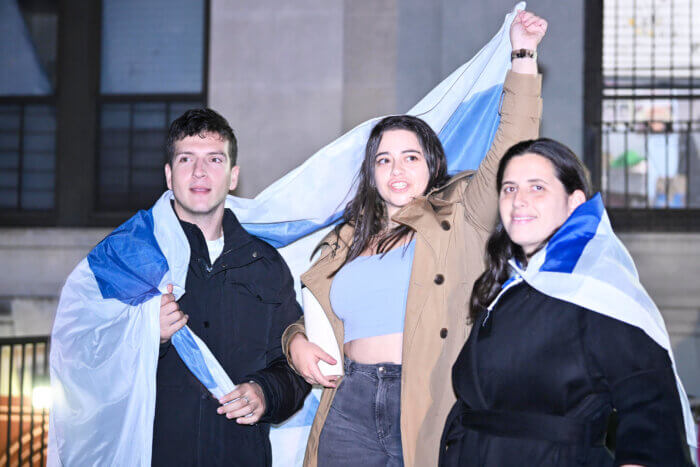
Closer to home, they said the war was “deeply affected” their constituents as both antisemitic and Islamophobic hate crimes have spiked in the U.S. and in New York City.
“No New Yorker should feel unsafe because of their race, ethnicity, or religious identity,” the pols said. “Many of our constituents feel afraid, misunderstood, and isolated, and as Jews, we know all too well how fear can divide a family, community, and nation.”
They thanked President Joe Biden for their efforts regarding the war so far, and encouraged the federal government to “push for an end to this war as soon as possible.”



